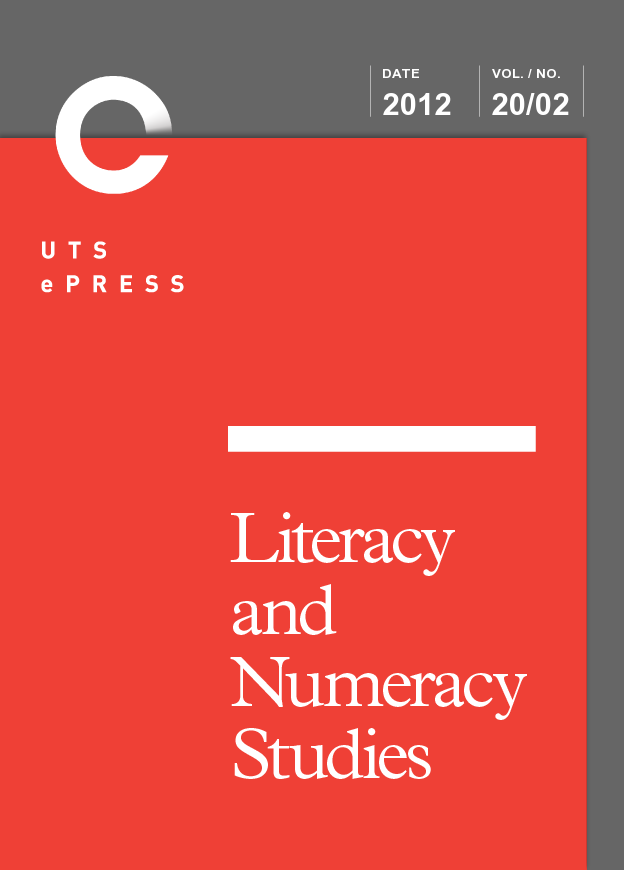Automatization and Retention of Literacy Skills in Adult Learners
Main Article Content
Abstract
Findings from recent efficacy studies comparing literacy program types suggest that struggling adult readers often make limited to moderate gains across varied types of literacy interventions, with no specific approach consistently surpassing others to date. An alternative to comparing program types is to investigate whether there are specific characteristics or skills that vary by individual that can predict higher gains and skill retention across program type. Using an experimental, prospective, longitudinal design, the present study examined the role of automatization (over-learning) of component skills involved in reading during participation in general literacy programs. On average, participants in the study gained the equivalent of one full reading grade-level after participation in programs for six months. The degree of automatization of reading skills was found to be the strongest predictor of gains made during programs; a measure of automatization was also the strongest predictor of subsequent retention of skills, months later at follow-up testing. Implications for adult literacy practitioners and directions for future research related to skill retention are discussed.
Article Details
Issue
Section
Authors who publish with this journal agree to the following terms:
a) Authors retain copyright and grant the journal right of first publication with the work simultaneously licensed under a Creative Commons Attribution License that allows others to share and adapt the work with an acknowledgement of the work's authorship and initial publication in this journal.
b) Authors are able to enter into separate, additional contractual arrangements for the non-exclusive distribution of the journal's published version of the work (e.g., post it to an institutional repository or publish it in a book), with an acknowledgement of its initial publication in this journal.
c) Authors are permitted and encouraged to post their work online (e.g., in institutional repositories or on their website) prior to and during the submission process, as it can lead to productive exchanges, as well as earlier and greater citation of published work (See The Open Access Citation Advantage Service). Where authors include such a work in an institutional repository or on their website (ie. a copy of a work which has been published in a UTS ePRESS journal, or a pre-print or post-print version of that work), we request that they include a statement that acknowledges the UTS ePRESS publication including the name of the journal, the volume number and a web-link to the journal item.
d) Authors should be aware that the Creative Commons Attribution (CC-BY) License permits readers to share (copy and redistribute the work in any medium or format) and adapt (remix, transform, and build upon the work) for any purpose, even commercially, provided they also give appropriate credit to the work, provide a link to the license, and indicate if changes were made. They may do these things in any reasonable manner, but not in any way that suggests you or your publisher endorses their use.
